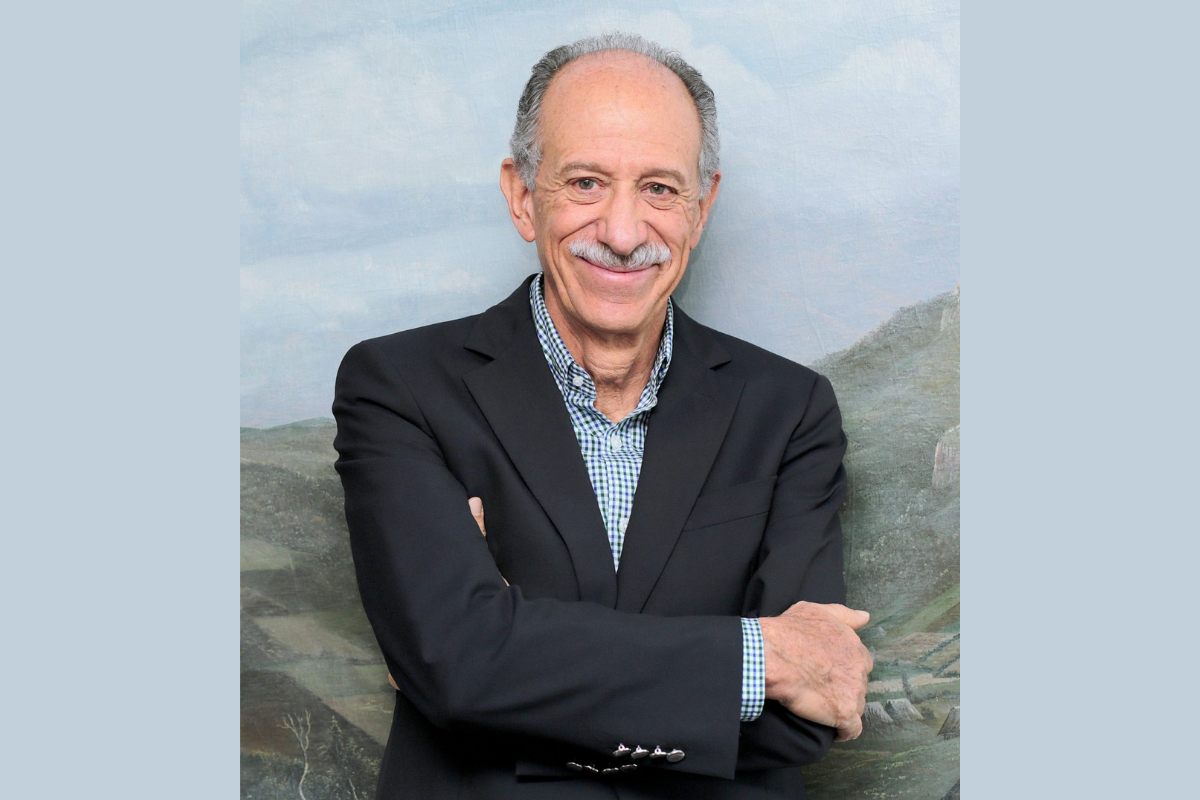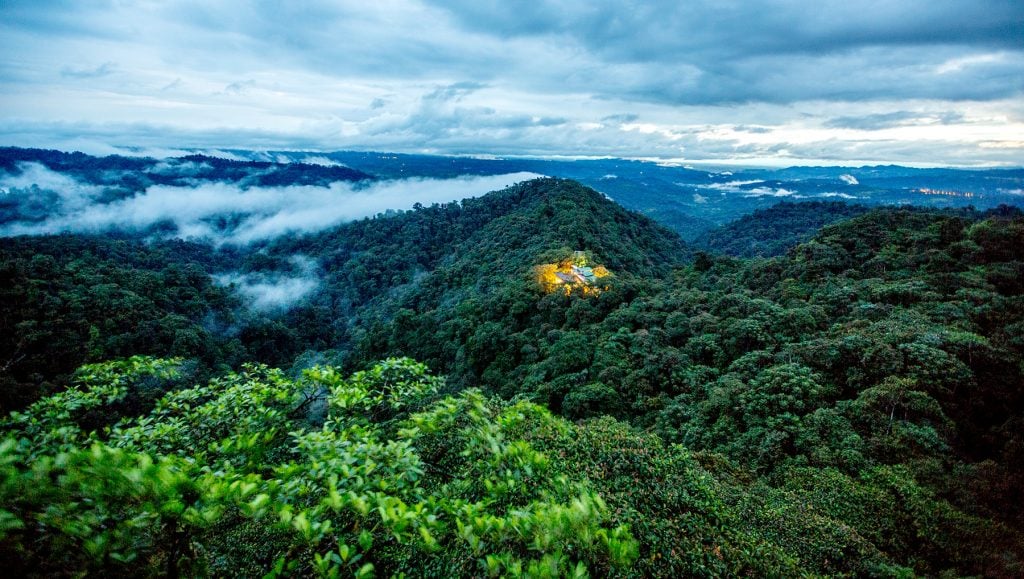Pragmatic Dreamer: Roque Sevilla
For nearly half a century, Grupo Futuro’s Founder and President Roque Sevilla has been building a business conglomerate based on integrity, creativity, excellence, responsibility, passion and sustainability.
When Mashpi Lodge opened in the Chocó-Andean rainforest outside the Ecuadorian capital of Quito in 2012, it heralded a new level of sustainability in the tourism space. Located on a 3,200-acre reserve, the 24-room hotel was built with as little disturbance to the environment as possible and with the design of the building inspired by the forest that encircles it. Ten years on, and the lodge still regularly tops ‘best of’ travel lists. It was also a charter member of National Geographic’s Unique Lodges of the World.

The lodge, and the ecological reserve it sits on, is owned by Roque Sevilla, who purchased the land from a timber company to save it from logging and deforestation in the early 2000s. A self-described "pragmatic dreamer, who proposes viable solutions to build a better future", Roque is an Ecuadorian entrepreneur, environmentalist and the ex-mayor of Quito. He is also the Founder and President of Grupo Futuro, a holding company with 19 businesses across insurance, medical services, tourism, agriculture and clean energy that was established in 1973.
As the Group prepares to celebrate its 50th birthday in 2023, Roque says that a behavioral framework of six values has guided it through its growth: integrity, creativity, excellence, responsibility, passion and sustainability. The latter is an issue that has been ingrained in the business model "long before it was fashionable," he says. In 1976, he established the Fundación Natura, the first Ecuadorian non-governmental organisation for nature conservation. He has also served as a member of the World Wide Fund for Nature Board of Directors.

Roque believes that this "absolute respect for our values" is what distinguishes Grupo Futuro in the market. "We may lose business, but we always uphold our values," he says. There’s also the constant awareness of being accountable to the entire ecosystem in which it operates. "Our stakeholders are also our partners, customers, suppliers, the state, the environment and society," he says.
The Group’s first interests were in the insurance industry and today it is the largest insurance group in the country, with a brand book made up of respected names such as Tecniseguros, Seguros Equinoccial, Equivida and Mundo Motriz. But much of its current portfolio of business revolves around a central theme of the sun. "Because of Ecuador’s location on the equator, it’s the advantage the country has," Roque says.
From tourism to high-tech agricultural production, especially in crops such as avocados and blueberries, to solar energy and, he hopes soon, geothermal energy, Grupo Futuro is "now in the business of the sun". This means that, wherever there is sun, there’s the possibility of future investment, especially if he can identify a comparative advantage. "We try to go to different countries and see how exceptional it is for the place where it is," Roque explains. "If we find a great comparative advantage, then we build the competitive advantage." It is, he adds, both "a principle and a challenge".
We may lose business, but we always uphold our values.
After navigating the COVID-19 pandemic – a time he used his time in lockdown to raise US$8.6 million for those in need in just six weeks – Roque was named third in the 2020 Merco ranking of Ecuador’s Top 100 Leaders. The Group came in 44th place in the company rankings. It has long promoted gender equality in the workplace, with 58 per cent of its employees (and 46 per cent of its management positions) women. But he has recognized that there is not enough Indigenous representation, which he says is something it is now looking to address.
Of its 4,300 employees, more than 2,400 are aged between 25 and 39 and, for Roque, their voice is critical to running the business. "We require that both senior management and the board of directors should not only have equal participation of men and women but also by age tranche," he says. "So one-third must be between 20 and 35 years old, another third between 35 and 65, and the other over 65." It’s a well-thought-out strategy. "When decisions are made without consulting the younger generation, they are not correct," he says. "But if we only left the management of the company to young people, then the wisdom of the older generation would not be incorporated."
I have a radar in my brain that goes off if there is a future in a certain business.
When asked about the secrets of his business success, he says the answer is "plain and simple". "I have a radar in my brain that goes off if there is a future in a certain business," Roque says. "If I don’t see that future, I won’t do it." He’s also strong in the belief that two is better than one. "Every time I’ve created a new company, I’ve looked for partners who know the business, who are interested in it and who share our values."
Now, as leaders become increasingly aware of the power of purpose in business, Roque’s commitment to his values is more relevant than ever. "Big corporations need to make a statement that the value we generate to society is more important than share value," he says. It’s a lead Grupo Futuro is already taking. "In the end, we are going to leave our children and grandchildren money, but in a broken world," he says. "Wouldn’t it be better to leave them a little money in a country, or region or planet, that has a great long-term future?"
Break the Mould
Roque describes a change agent as "a person, event or fact that transforms the way people think.
"It breaks previous taboos and brings things to the table that no-one has thought of before," he says. And, he adds, only by encouraging creativity and thinking outside the box in a workplace will fundamental changes occur.